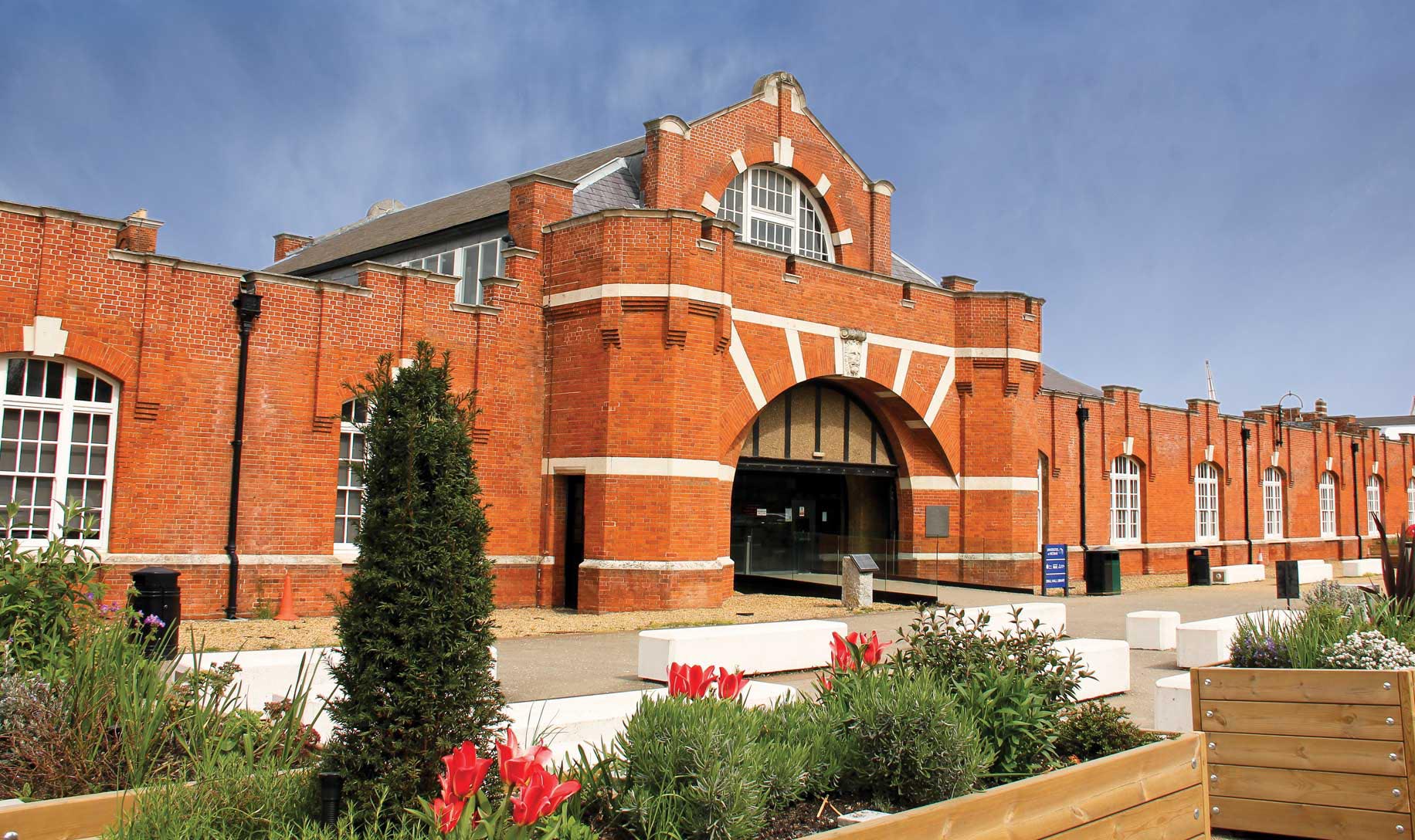The room depicts a “Pharmacy shop” which allows students to practise their skills as a professional pharmacist, offering advice to patients and other health care professionals in a close-to-life simulated environment.
Dispensing lab
Students get to experience dispensing mock prescriptions using real medication and the Pharmasys dispensing system used in Pharmacies around the country.
Pharmaceutical Technology Laboratory
Students prepare capsules, tablets and carry out quality control tests using instruments similar to those used by the pharmaceutical industry. Dissolution tester allows student to investigate drug release from tablets.
Clinical Skills 1 (CSL1) Laboratory
Physiology & Pharmacology class room, mainly used by Postgraduates who wish to enhance their development in a Clinical setting.
Clinical Skills 2
Physiology & Pharmacology class room, which contains models and posters to help students learn about body systems.
Simulation Laboratory
This houses the mock ward area which allows students to use the computerised simulated patient (SimMan®) to discover how patient’s bodies respond to specific medical conditions.
Viral Pseudotype Unit
The Viral Pseudotype Unit (VPU) was established in 2010 to act as an interface between academia, industry and public/animal health laboratories with the purpose of translating basic virus research (on viral pseudotypes) into in vitro cell culture based assays that can be readily employed for the immunogenicity testing of pre-clinical vaccine candidates, and for the functional screening of new antivirals and therapeutic antibodies. The VPU is also involved with the exploitation of pseudotypes for the development of serological standards, and with training and education.
Microbiology Laboratory
Students experience a range of techniques and equipment including general microscope work, gene cloning (using electrophoresis and PCR), and investigate antibiotic microbial resistance.
Mock Aseptic Unit (Clean room)
The students experience a mock aseptic unit where they prepare mock feed bags (TPNs) and learn how to manufacture items using aseptic techniques as they would in hospitals or industry.
Problem Based Learning Classroom
There are four of these classrooms in the Medway School of Pharmacy building, which allow students to work in small groups.
Chemistry Teaching Laboratories
In the chemistry teaching laboratory, students learn skills and techniques useful as a chemist and a pharmacist in the context of chemistry. Activities include synthesis of a drug, physiochemical study of the drug and formulation of pharmaceutical dosage in the form of tablets, capsules and emulsion.
Biosciences Laboratories
The Biosciences laboratories house the Physiology/Pharmacology practicals in which students are encouraged to investigate the effects of different types of medication on cells and tissues, as well as some general body organ physiology.



